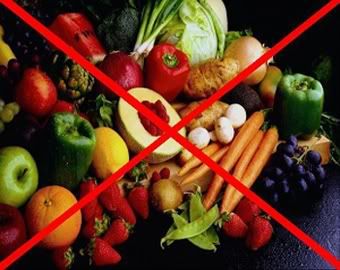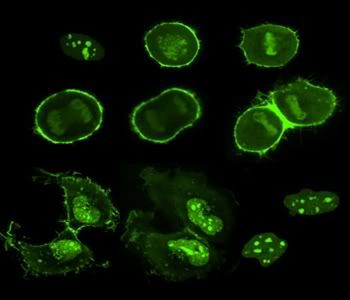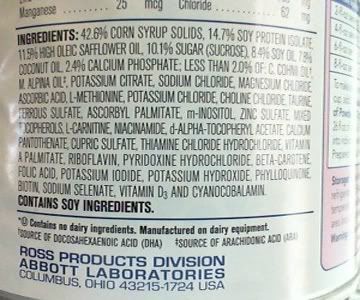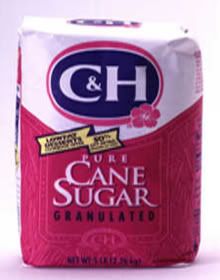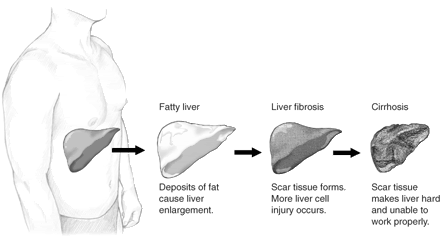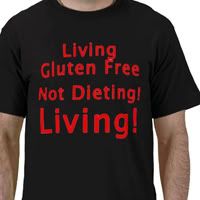All of our lives, we've been repeatedly told that fruit is so healthy that we need to eat “5 a day.” It probably seems ridiculous to question whether or not fruit has any benefit, but bear with me, because the actual scientific evidence does not support this notion.
In observational studies, higher fruit and vegetable consumption is sometimes associated with better health, but in these studies there are so many other factors; higher fruit intake can be good if it is replacing processed trans-fat-laden junk foods. Higher fruit intake often correlates with higher economic status, which is itself commonly associated with better health.
However, the secret that they won't tell you is that in controlled trials, the only studies that can prove a cause and effect relationship, fruits have failed to live up to the hype. In intervention studies where subjects are instructed to eat more fruit without changing any other factors, there is no benefit observed to health markers or mortality.
You might be asking, “What about the antioxidants in fruit that everyone is always talking about?” A Polish study observed a group of cyclists that eliminated fruits and vegetables from the diet for 10 weeks. Compared to the control group, the no-fruit group actually experienced a decrease in oxidative damage. Somehow, by eliminating all the antioxidants in fruit and vegetables from the diet, they managed to suffer less oxidation!
Have you ever wondered why fruits have so many antioxidants? They don't make them for our benefit. Perhaps they are protecting themselves from something. Something that is highly oxidating... something highly oxidating that is found abundantly in modern fruits...
Am I the only one who guessed sugar? :) Fruits have been bred to be very rich in sugar, much more than wild fruits were, so the plant must defend itself. Something similar happens in humans. Studies have failed to find that the antioxidants in fruit have an actual anti-oxidant effect in our bodies; instead, our body increases the production of the natural antioxidant uric acid in response to sugar. The problem with this is that too much uric acid leads to problems like gout, where uric acid crystallizes into little sharp needles in your joints and causes arthritis. This is a problem, because us humans, along with apes and dogs, are the only species lacking the enzyme uricase which breaks down uric acid.
Another major study, the Women's Healthy Eating and Living study, took women who had survived breast cancer and put some of them on a diet that was supplemented with fruits, fruit juice and more vegetables. They followed these subjects for over 7 years. The conclusion, in their own words:
“Among survivors of early stage breast cancer, adoption of a diet that was very high in vegetables, fruit, and fiber, and low in fat did not reduce additional breast cancer events or mortality during a 7.3-year follow up period.”
At least they had the integrity to be honest about their findings. It must have been hard to admit it. But could it be any more clear? All those extra servings of fruits and vegetables did nothing to protect those women from cancer or extend their lives by a statistically significant amount.
When you examine the evidence scientifically, fruits come out looking neutral at best, and possibly detrimental if eaten in significant amounts. In the end, for all of their supposed benefits, they're not enough to make up for the sugar. There is certainly no reason to go out of your way to eat more fruits or vegetables.
Essential for health? Nope. Any benefits at all? Nope.
In a Dutch study, a group which ate more vitamin c and more plant anti-oxidants, displayed no difference in their actual resistance to oxidation of LDL cholesterol, compared to the low anti-oxidant group. It looks on paper like it should make a difference, but in reality it didn't. In another study, out of different diets that were tested, the high sugar diet produced the greatest level of bacterial waste products, suggesting that infectious bacteria were thriving. This shows how sugar can make you sick, or at least stop you from getting better.
Less sugary fruits may be okay occasionally but don't fool yourself in to thinking that you need them or that they're protecting you. All these miracle fruits come out every year like Acai berry, and Goji berry, and it makes my teeth cringe. You are not doing your body any good by drinking sugar drinks.
“Plants are not essential, or magic” as Dr. Kurt Harris says. Don't believe the hype.
